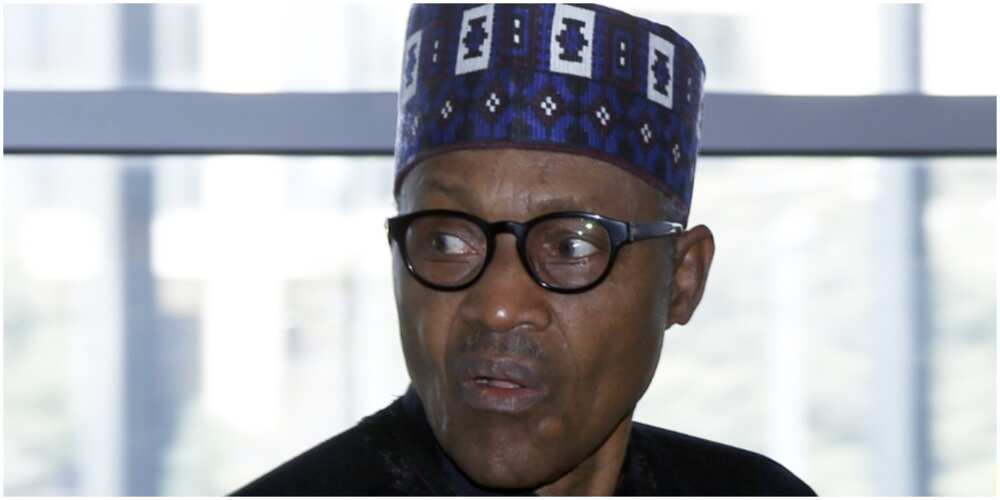Households Consumption Expenditure Drop as Government Expenditure Rises in FY 2020
- Consumption of government rose last year at the same period Nigerian households were struggling to increase theirs
- Households consumption was put at 0.81% in 2020 full year, while that of government rose to 61.58% last year
- The decline in households consumption rate is happening at a time unemployment rose and salaries of Nigerian workers were cut
PAY ATTENTION: Join a community of CEOs, founders and decision-makers: subscribe for a free monthly business newsletter Digital Talks and succeed BIG!
Consumption expenditure of Nigerian households fell in full year 2020, while that of the government increased during the same period. It was also learnt that the disposable income declined in Q4 of 2020.
Households annual consumption expenditure declined to 0.81% last year, against the 1.06% recorded during the corresponding period of 2019. At the time consumption expenditure dwindled among Nigerians, that of government rose to 61.58% in 2020.
This was significantly above the 8.78% reported in 2019, the National Bureau of Statistics (NBS) revealed in its Gross Domestic Product: Expenditure and Income Approach report.
However, a closer look at the quarterly rate, it was learnt that households consumption expenditure rose by 16.59% in Q4 last year as that of government increased by 12.13%.

Source: Getty Images
Nigerian households spent N13.92 trillion in Q4 2020 according to the NBS. This amount surpassed the N11.94 trillion reported during the same period two years ago.
When compared to the third quarter, the rate recorded in the fourth quarter was higher by 20.76%. During the third quarter of last year, Nigerian households spent N11.52 trillion.
The report also stated that disposable income fell to 3.13% in the fourth quarter of 2020, below the 4.44% recorded in Q3 last year. Surprisingly, the annual disposable income rose to 3.34% . This is higher than the 0.35% recorded in 2019.
Also, employees' compensation declined by 2.32% in the third quarter of last year. It later gained 6.36% in the fourth quarter of 2020. The decline in Q3 occured at a period companies were struggling with COVID-19 impact on their revenue.
The private sector had adopted cost saving measure by downsizing their workforce and cutting salaries of workers that were not sacked during the COVID-19 period.
Meanwhile, Legit.ng had previously reported that inflation rate rose to 18.17% last month, according to the Nigerian Bureau of Statistics (NBS). It increased from 17.33% which was recorded in February 2021.
During the same period, food inflation increased to 22.95% in March 2021, from 21.79% reported in the preceding month. The rise in inflation had occured at a period consumption rate is declining and Nigerians are struggling to get job.
The rise in food prices would further depreciate disposable income of the middle and increase poverty rate among Nigerians.
Source: Legit.ng


